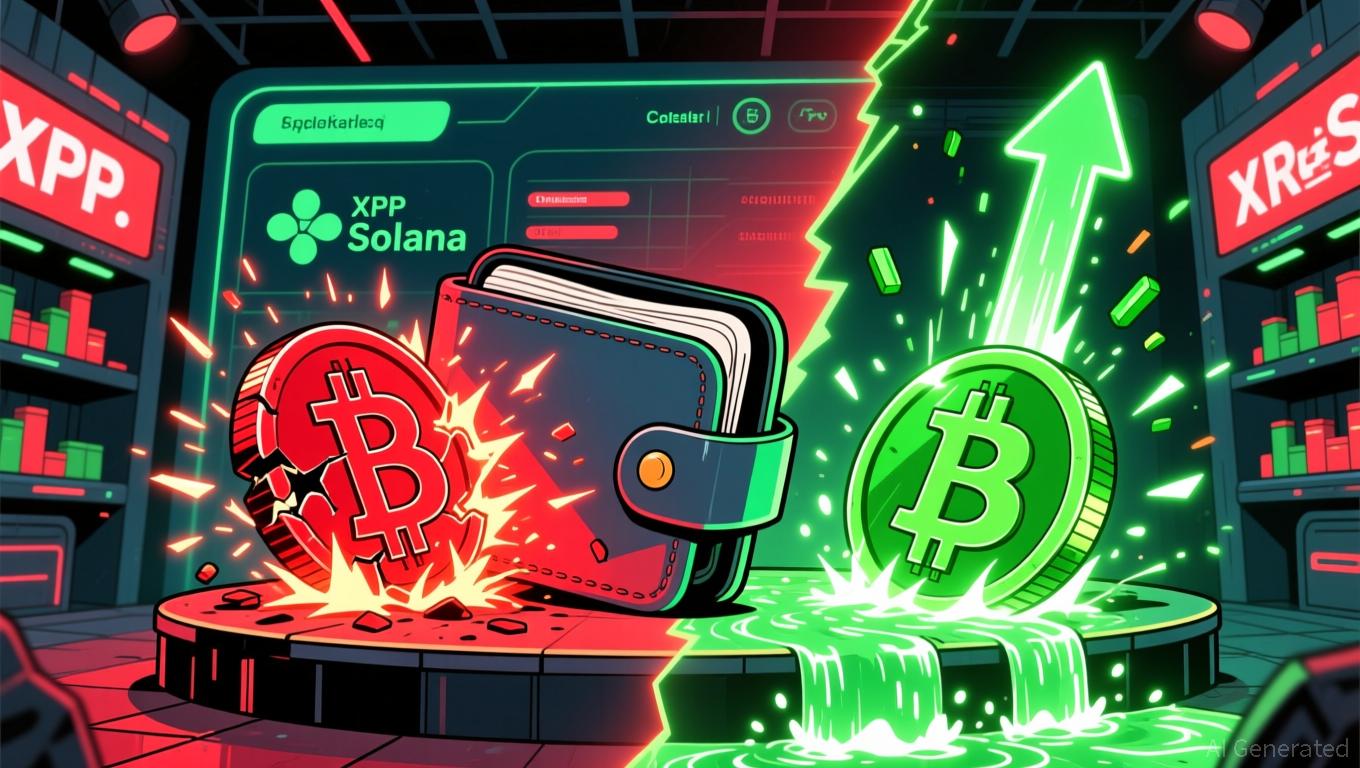Andreessen Horowitz Seeks GENIUS Act Exemption for Stablecoins
- a16z urges decentralized stablecoin exemption from GENIUS Act.
- Action affects non-central issuer stablecoins like LUSD.
- Error-free regulation preserves innovation in DeFi space.
Andreessen Horowitz (a16z) has requested the U.S. Treasury exclude decentralized stablecoins from the GENIUS Act, pointing out that these are governed by smart contracts without central issuers, unlike traditional stablecoins. This exclusion would avoid stifling innovation.
Andreessen Horowitz (a16z) has called on the U.S. Treasury Department to exclude decentralized stablecoins from the GENIUS Act, arguing these assets are not issued by any “person.”
Andreessen Horowitz (a16z) has urged clarification of the GENIUS Act by highlighting that decentralized stablecoins, such as LUSD, operate without a central issuer. The firm stressed the importance of excluding these assets from the act’s scope.
a16z, led by Chris Dixon and others, emphasizes that decentralized stablecoins are governed by smart contracts, lacking a central controlling party. They advocate for legislative clarity to protect innovation within the crypto sector. As Chris Dixon, General Partner at a16z Crypto, stated,
“Clarifying the application of the GENIUS Act to decentralized protocols is critical to ensure the law does not inadvertently stifle innovation or include participants who are not exercising control over stablecoin issuance.”
The suggestion by a16z is aimed at mitigating the potential regulatory impact the GENIUS Act might have on autonomous systems. Community reactions indicate support for decentralized principles safeguarding against overregulation.
Financially, this stance bears no immediate capital effect but reflects broader political and infrastructural discussions within crypto forums, where existing DeFi protocols dig into the repercussions of regulatory definitions.
The industry watches closely to see if legal frameworks will adapt. History shows that regulatory clarity can influence trading volumes and the stability of affected coins like DAI and LUSD. For additional insights, see the letter to Treasury on detecting illicit digital asset activities .
If approved, this exemption might steer technological and regulatory trajectories across crypto territories, impacting financial pathways for innovations formed around these stablecoins. Focus remains on preserving decentralization and protocol independence within the DeFi industry.
Disclaimer: The content of this article solely reflects the author's opinion and does not represent the platform in any capacity. This article is not intended to serve as a reference for making investment decisions.
You may also like
Intuit and OpenAI Join Forces to Revolutionize Financial Processes Using AI
- Intuit and OpenAI announced a $100M multiyear partnership to integrate AI into financial tools like TurboTax and QuickBooks via ChatGPT. - The collaboration enables users to perform tax calculations, credit assessments, and business finance management through AI-powered chatbots. - Intuit's shares rose 3.4% premarket as analysts praised the deal for enhancing user engagement and validating AI-driven financial services. - OpenAI gains access to Intuit's financial data while expanding its AI infrastructure

XRP News Today: XRP ETF Rises Despite Price Drop: The Altcoin Conundrum Challenging the Crypto Market Slump
- XRP ETF (XRP) and Solana ETFs (BSOL) saw record inflows in 2025 despite crypto market declines, contrasting Bitcoin/Ethereum ETF outflows. - XRP ETF's $250M debut used SEC-approved in-kind redemption model, enabling direct XRP token swaps but failing to boost price amid 8.72% 24-hour drop. - Analysts attribute price divergence to market-wide Bitcoin crashes, large XRP holder sales, and ETF fee waivers accelerating capital entry without immediate price gains. - Sustained altcoin ETF inflows ($118M XRP, $4

Bitcoin ETFs See $903M Outflow as IBIT Leads With $355M Exit
Crypto Liquidation Sends Shockwaves Through the Market